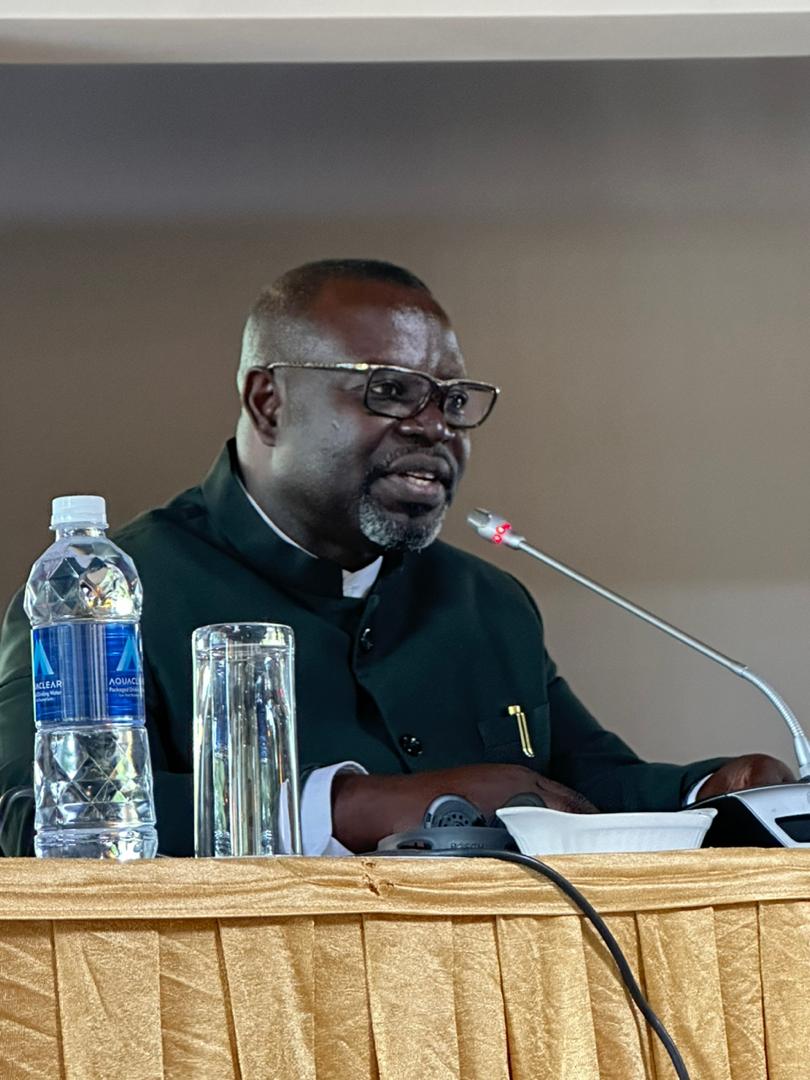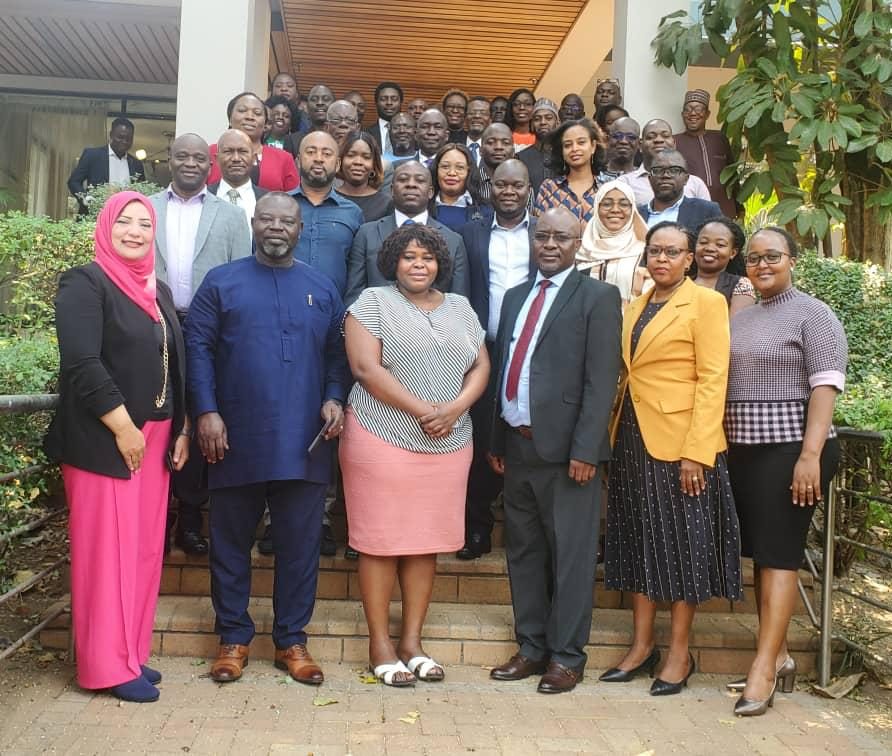Lusaka: 3rd October 2023
FARA participated in a capacity-building workshop on domesticating the African Union (AU) strategic framework for holistic aflatoxin control from 02-03 October 2023 in Lusaka, Zambia.
Convened by the African Union Commission (AUC), the meeting was part of the activities of the Partnership for Aflatoxin Control in Africa (PACA), a program of the AUC, which was launched in October 2012 as endorsed by the African Union Executive Council through Decision No. EX.CL/768 (XXII), to coordinate and support aflatoxin mitigation and management across Africa’s health, agriculture, and trade sectors.
The objective of the meeting was to raise awareness of the PACA aflatoxin country-led model and the tools within the Strategic framework for implementation at the regional and country levels. It also served as a platform for taking stock of successes and challenges in implementing the country-led model.

Member States, including Malawi, Nigeria, Senegal, and Tanzania, shared lessons and good practices as experiences in scaling the model across the continent were shared.
The two-day meeting saw interventions from research, academia, parliamentarians, and the private sector, with participants recognizing the problem of aflatoxin contamination as a major challenge for agricultural productivity, trade and public health in Africa.

Significant highlights of the meeting include the presentation of conceptual framework and econometric models for economic impact assessment of aflatoxins by Dr Chibundu Ezekiel and Data collection, analysis and sampling for aflatoxin surveillance in Africa by Prof. Limbikani Matumba of LUANAR. Participants were exposed to the spate of aflatoxin contamination in Africa and its debilitating impact on the agri-food system based on findings from Country-led Situation Analysis and Action Planning (C-SAAP). An outline of a Pan-African analysis and harmonization protocol leveraging FAO’s mycotoxin sampling tool was also discussed for adoption and utilization.
Speaking during a panel discussion in the meeting, Hon. John Frimpong Osei, Chair, Agriculture Committee, Select Committee on Food, Agriculture and Cocoa Affairs in Ghana, shared experience on the role of parliamentarians and their engagement with government in the control of Aflatoxin.

Building on a presentation on lessons from the country by Mrs. Faustina Atupra, Ag. Director, Food Safety and Consumer Education Directorate, Food and Drugs Authority, Ghana, Hon. John Frimpong Osei, encouraged the AUC and PACA to deepen their engagement with sector ministries to facilitate the adoption of a holistic approach to controlling Aflatoxin.
Through research, science and technology, and collaborative efforts, significant progress has been made in mitigating the risks of aflatoxin contamination. However, much more needs to be done. Practical action plans should include a combination of technical solutions, policy interventions, and awareness-raising efforts to ensure sustained success in aflatoxin control.






Leave A Comment